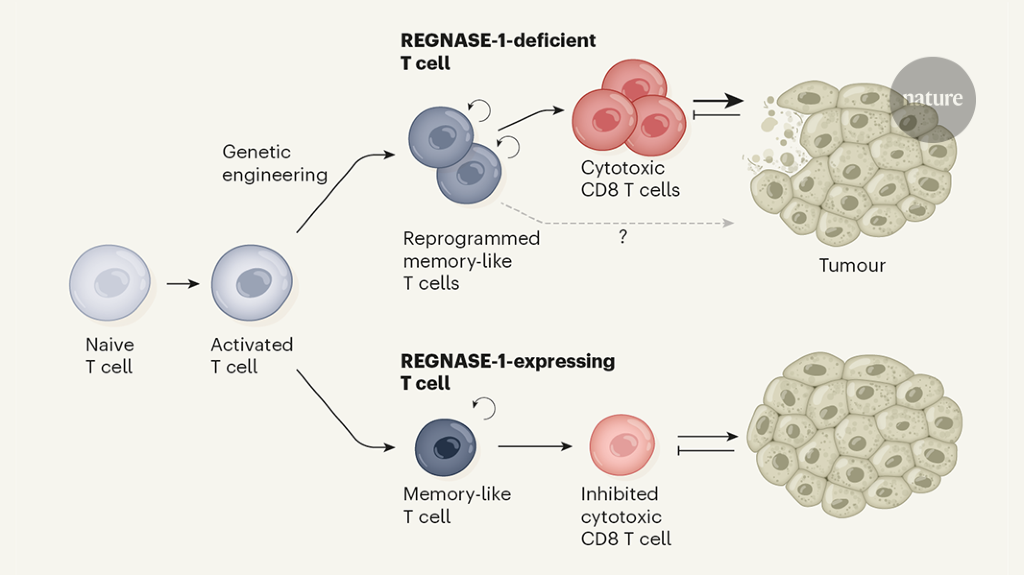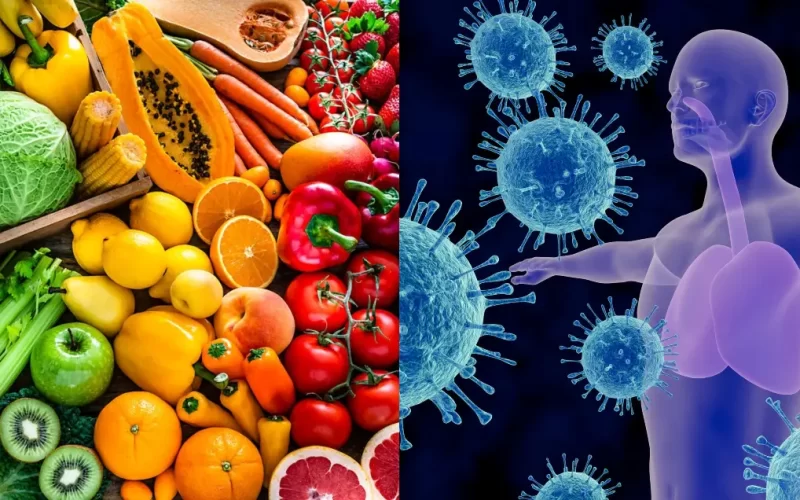Our immune system works day and night and works extremely effectively against pathogens of all kinds, from bacteria to viruses to fungi. It is estimated that billions of immune cells are reproduced every day – a gigantic achievement! With a healthy diet and a balanced lifestyle, we can help the immune system function smoothly. With the advent of the corona pandemic, the topics of immune stimulation, immune development and immune strengthening are more relevant than ever, since a weak immune system promotes more severe courses of infectious diseases.
Micronutrients such as vitamins are often brought into play to strengthen the immune system. Herbal products, for example in the form of natural foods or home remedies, are just as popular as special immune cures and food supplements for the immune system and the intestinal flora from the pharmacy.

Here you can find out what helps you to strengthen your immune system and what options there are for specifically increasing your defense system. We will tell you the best tricks and information on how to stimulate, promote and build up your immune system.
Why should you strengthen the immune system?
It is extremely important to activate, strengthen and support the immune system, especially during the cold season. There are more than 200 viruses alone that can cause a cold. Well-known representatives are rhinoviruses, adenoviruses, influenza or flu viruses and corona viruses. Typical symptoms of viral respiratory infections are a sore throat, cough and runny nose.
In addition to cold viruses, there are countless other types of viruses that can cause diseases. Such disease-causing viruses that we often come into contact with include herpes viruses.
Bacteria can also often cause problems for us in everyday life. Salmonella, Escherichia coli, among others are typical causes of everyday illnesses such as gastrointestinal complaints.
Keeping the pathogens at bay is impossible because we encounter them everywhere. Viruses are often transmitted in everyday life through direct contact with infectious droplets. A droplet infection is the name for this. The germs enter the air while coughing, sneezing, or speaking, and can thus be spread to others.
Transmission can also occur when shaking hands or touching contaminated door handles. In the case of the so-called contact or smear infection, one comes into contact with secretion containing the pathogen via the hands. If you then touch the mouth, nose or eyes, infection occurs via the mucous membranes.
Who Should Boost Their Immune System?
Germs are everywhere in the environment – in public and in the home, in the toilet and in the kitchen. For a healthy person, most of these are harmless. However, we can also come into contact with pathogenic germs in everyday life.
Infectious diseases are most commonly transmitted via the hands. However, diseases can also be transmitted via aerosols in the air. A well-known example are cold viruses such as corona viruses, which can penetrate the upper respiratory tract via aerosols. Regular strengthening of the immune system is advisable for everyone so that the body is best armed against harmful invaders – not just for children, sick people or people with a weak immune system. Due to a natural aging of the immune system, the so-called immunosenescence, which results in a reduced performance of the immune system, it is advisable to actively strengthen the weakening immune system in old age.
How does the immune system work?
Our immune system is responsible for fighting off invaders such as bacteria, viruses and fungi and protecting against infection. Typical symptoms such as sneezing or coughing can contribute. This usually works quite well, but sometimes pathogens remain in the body.
Now our T-cells, also called guardian cells, and our B-cells come into action. They cling to the pathogens or form antibodies against which the invaders have no chance. The so-called scavenger cells are then responsible for destroying the destroyed pathogens in our body. These processes work better and faster if the pathogens are already known in the body.

To get rid of unknown invaders, our immune system needs a lot of energy. As a result, we feel drained and drained. Sometimes we also get a fever that burns the viruses and bacteria in our body. During this time, you should strengthen the immune system, as the body’s defense is usually weakened by the common cold.
Causes of a weakened immune system
Our immune system is a perfect interaction of different defense cells, organs and signaling substances. If one component is out of balance, our body’s defenses are weakened. Many different factors can be responsible for this. These are the most common reasons:
Alcohol consumption: One of the main causes of a weak immune system is alcohol. For example, did you know that when we are intoxicated, our defenses are deactivated for at least 24 hours? This makes us vulnerable to infections. If you want to strengthen your immune system, you should therefore avoid alcoholic beverages.
Lack of exercise: Lack of exercise also has a negative effect on our defense system. Reducing stress, fresh air and activating our cardiovascular system through sport has many positive effects. Half an hour a day is enough. However, if you do not exercise regularly, you risk a weakened immune system.
Nutrient deficiency: If you eat the wrong food, you also damage your immune system. Be careful what foods you eat. Sugar, unhealthy fats and an unbalanced diet destroy our intestinal flora, which is essential for a functioning immune system. If you want to strengthen your immune system, you should change your diet in the long term and focus on healthy foods.
Smoking: In addition to alcohol, nicotine also weakens our immune system. On the one hand, smoking dries out our mucous membranes, on the other hand, nicotine damages certain white blood cells so that they can no longer fight viruses and bacteria effectively. Who completely abstains from cigarettes can strengthen his immune system?
Stress: In stressful situations, our body releases hormones such as adrenaline, dopamine and cortisol, which put us on high alert and cause our heart rate and blood pressure to rise. Initially, certain immune cells even show higher activity. But if this condition persists for a longer period of time, our immune system is suppressed. Chronic stress not only has a negative effect on our immune system, but also promotes inflammation in the body.
Dry air: Smoke and heating air in winter are poison for our defenses because they dry out the mucous membranes in the skin and in the bronchi. However, they are important protective barriers for our body. Therefore, do not smoke cigarettes and drink enough water to strengthen your immune system. A bowl of water on the heater can also humidify the air.


